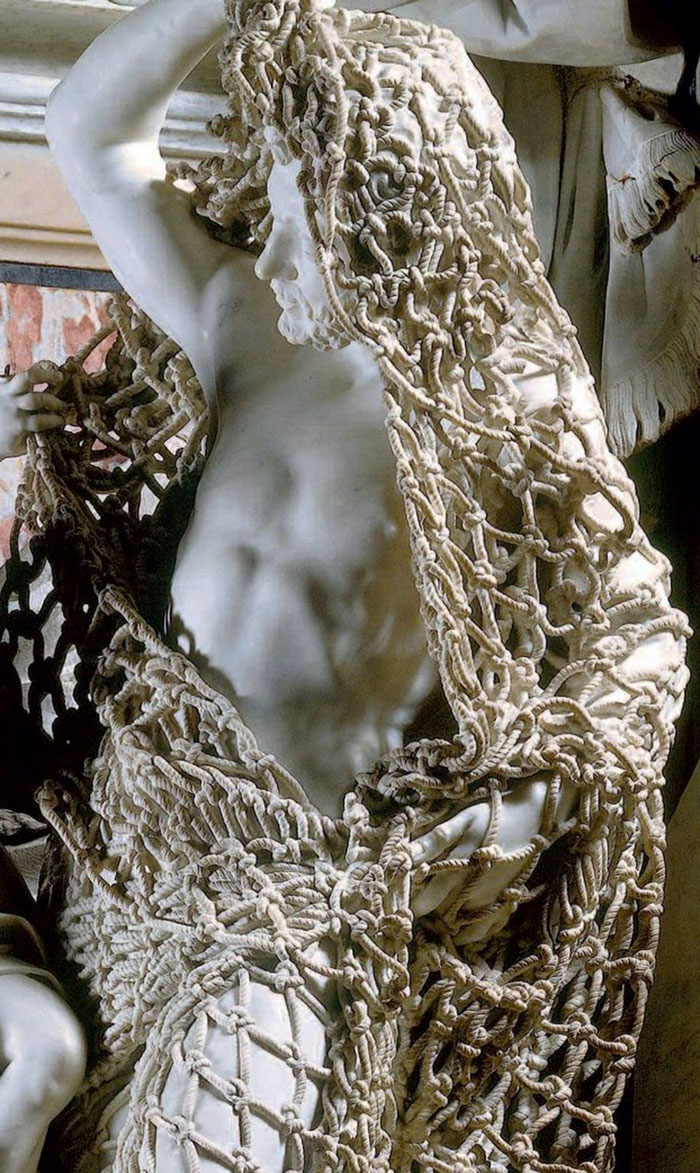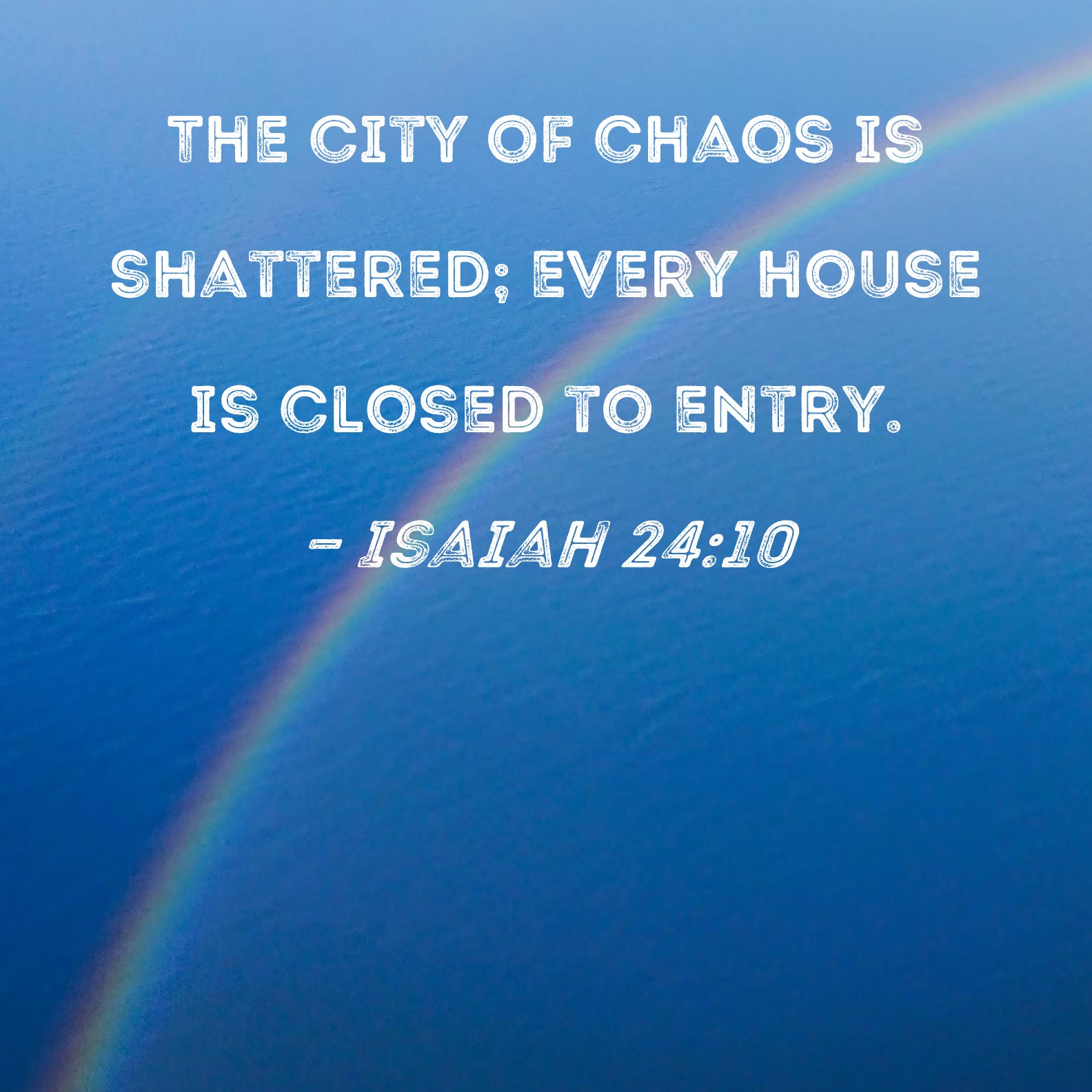That's the question people are sharing their perspectives on ---- what did life and death mean in the creation narrative.What is life?
If life and death for the creation narrative doesn't include corporeal physical life and death but is spiritual life and death, then there should be no objection to corporeal physical death being present before the fall and there could be skeletons of corporeal physical creatures dating before the fall.
Or did the type of death that befell upon mankind at the fall also fall upon all living things of creation only after the fall of mankind?
Will there be a restoration of all of creation and living plants and animals in the eternal kingdom like there was in Eden?
Feel free to share your perspective of what sort of life and death the creation narrative was speaking of and what will be restored.


